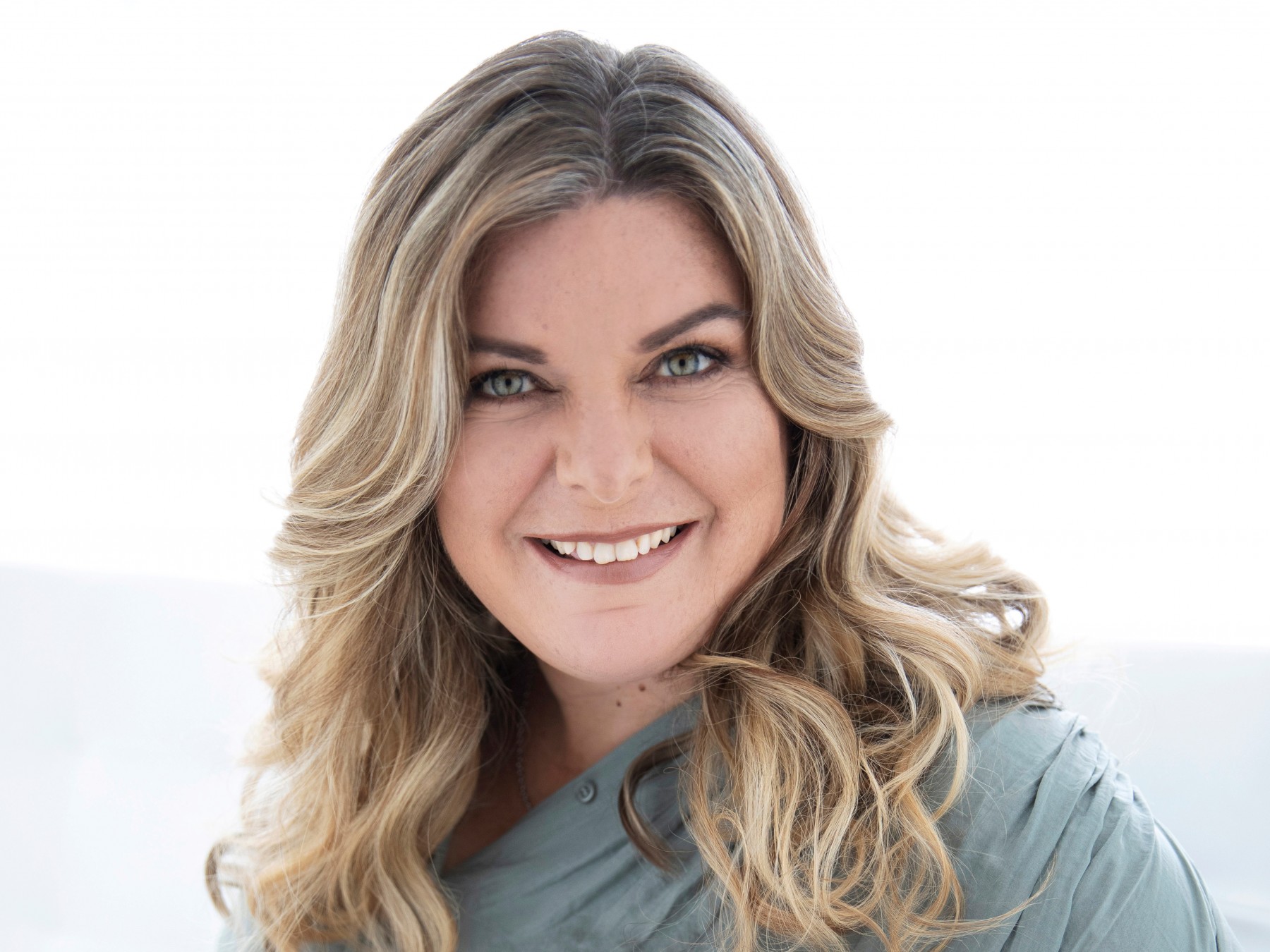“When women with perinatal depression slip through the cracks, it has a huge impact on not only them but their entire family,” Kristina says.
“I wanted to do something in this space to try and help other women who were experiencing the same sort of gaps, because it had a huge impact on my life.”
Kristina’s personal and professional experience as a registered nurse and social worker led her to create her own programme for new parents under the Mother’s Helpers umbrella. Combining proven methods to reduce perinatal depression and anxiety alongside access to therapists and peer support, her programmes received consistently excellent feedback and had a real impact for people who might otherwise fall through the gaps.
COVID-19’s arrival in Aotearoa in early 2020, however, presented a further set of challenges for Mother’s Helpers and the parents they served. The higher alert levels meant an immediate reduction in access to support services both before and after birth, and there was also less support from people’s families and loved ones due to distancing restrictions.
During these higher alert levels, the waitlists for Mother’s Helpers were growing “exponentially”. The waitlists weren’t just to join a support group – they were often for something as simple as an initial over-the-phone assessment, which they weren’t able to access elsewhere.
“For many women, we’ve seen an increase in traumatic birth experiences [during COVID-19] and we’ve had double the number of women coming to our services,” Kristina explains.
Applying for and receiving a Whai Ora, Whiti Ora Fund grant - funded by the Ministry of Health and supported by the Mental Health Foundation - helped Kristina and her charity keep these new parents supported and connected during an especially tough time.
“With this funding, we’ve managed to reduce wait times, because we were able to hire more social workers and mental health nurses,” she says.
“This is so important because when someone is on a waitlist for a long time, they’re not getting that help when they need it. There are already so many barriers to getting help and by having wait lists, we’ve just created another one.
“So, the funding was hugely important to meet those demands.”

